Many political analysts have assumed that the recent maneuvers were part of Iran’s endeavors to confront the possible threats of the United States, although this was not at all the main reason.
Actually, all the littoral states of the Persian Gulf should shoulder the responsibility of maintaining peace and security in the Persian Gulf region. However, due to its geographical and geopolitical status in the region and the fact that Iran has the longest shoreline on the Persian Gulf, the Islamic Republic has a greater responsibility to help maintain security in this region.
Although the Persian Gulf region has experienced some major wars over the past three decades, Iran has always tried to maintain regional security within the framework of its national defense strategy.
The Islamic Republic has paid a high price to maintain peace in the Persian Gulf. Nevertheless, in order to prevent the disruption of the world’s economic balance and to facilitate the free transfer of oil to Western countries through the Strait of Hormuz, Iran has actually taken on the expenses single-handedly.
Yet, under the influence of multinational oil companies, for the past few decades the United States has tried to create a false insecurity in this critical region as a tactical move meant to raise the price of oil in order to increase the profits of Western oil barons. However, the Islamic Republic of Iran has cleverly avoided engaging in naval conflicts with foreign forces in the region.
The U.S. Fifth Fleet was not stationed in the Persian Gulf to maintain security in the region but to protect the interests of U.S. oil companies, whose political and economic influence is increasing day by day.
In contrast, despite its military might, the Islamic Republic of Iran successfully prevented the spread of insecurity from other parts of the Middle East into the Persian Gulf region. That is to say, if it were not for the endeavors of the Islamic Republic, the Persian Gulf would have already become a battlefield for terrorists who would fight against the interests of the United States and other Western countries.
Such incidents have occurred in the Gulf of Aden in the past. Terrorists took advantage of the critical situation and used simple equipment to inflict great damage on Western naval vessels.
Therefore, since terrorists would probably prefer the sea to the land for strikes on Western targets, the efforts of a powerful country like the Islamic Republic of Iran to maintain security in the Persian Gulf guarantee international security and safeguard the West’s interests in the region.
Although Iran is not willing to resume its former role of gendarme of the Persian Gulf, it actually expends much energy maintaining peace in the region, so the United States and its Western allies should pay for some of these expenses.
The “Great Prophet” (S) war games had two significant messages for the region and the world. The first message is that Iran is prepared to confront any foreign threat, and the second is that the Islamic Republic has the ability to maintain security in the Persian Gulf.
Thus, the Arab littoral states of the Persian Gulf should try to regionalize the maintenance of security in the Persian Gulf and should avoid relying on Western navies, which is detrimental to regional Arab countries.
In fact, Iran has proven that it is a trustworthy country for the Arab littoral states of the Persian Gulf. Any increase in the defense capabilities of the country will be to the benefit of all regional countries because the Islamic Republic of Iran has never altered its strategy of defense and has never attacked a neighboring country.
SA/HG
End
MNA

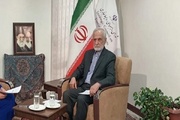
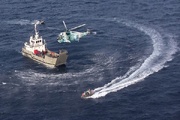

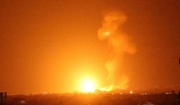

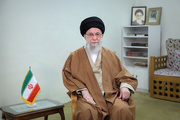
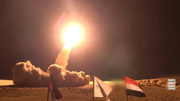
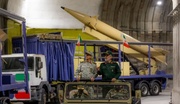
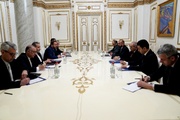
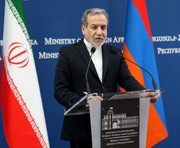
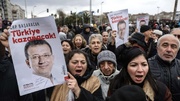
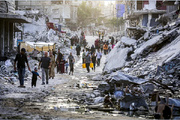

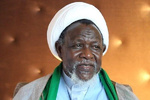
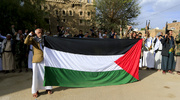

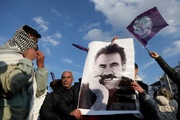
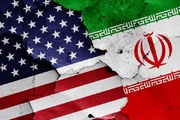
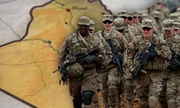



Your Comment